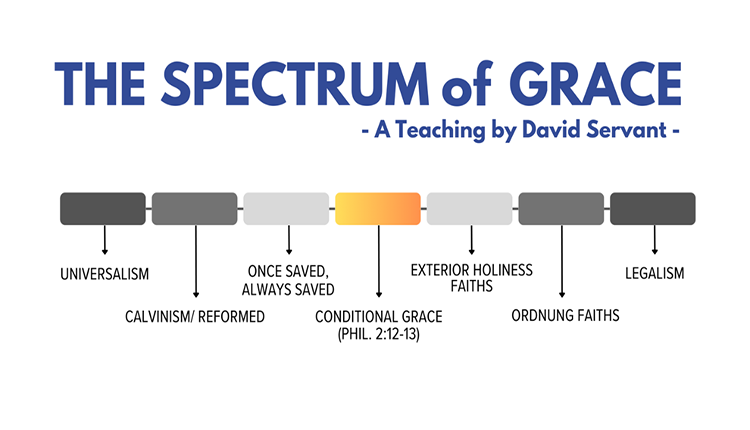
When I first saw the quote below on someone’s Facebook page, I thought it was a joke:
God doesn’t expect you to follow a single commandment from the Law, which included the 10 Commandments. His Spirit is now your guide. Don’t just trust Him for forgiveness, but for morality as well.
I followed the quote to its source. It was a hyper-grace “Bible teacher” whom I had seen quoted before on Facebook. I would have just ignored him, but I noticed he had 34,000 Facebook followers. Hundreds of them had “liked” or “loved” his claim that I first thought was a joke. More than 100 people had shared it with their Facebook friends.









